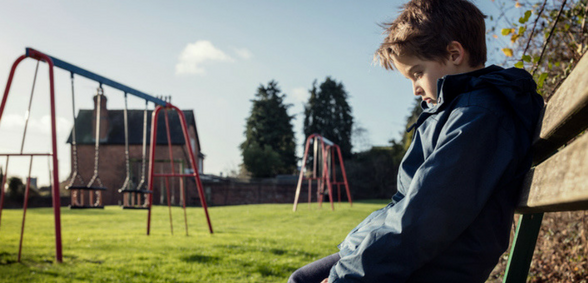
CREDIT: This story was first seen in The Telegraph
Stop expelling troublesome pupils to boost league table performance, the chief inspector will say, as she denounces the practise of “off rolling”, The Telegraph reports.
Headteachers who try to “game” the system by pushing out youngsters who they fear may drag down the school’s ranking have “lost sight of the purpose of education”, Amanda Spielman will say.
Her comments come after research revealed that off rolling – where pupils are expelled before they sit their GCSEs at the end of Year 11 – is on the rise, particularly among children with special educational needs (SEND).
Schools can ensure that poorly behaved youngsters are taken off their register either by going through a formal process of exclusion, or by exerting pressure of parents to withdraw their child.
In a speech this week, Ms Spielman will say: “Dealing with students of different needs isn’t always easy but in the end the job of educators is to do what’s right by children.
“That does not mean passing the job to parents, without professional expertise, to home educate their children.
“Children with Special Educational Needs are not a problem to be pushed out of sight and out of mind.”
Schools are entitled to expel pupils who are violent or whose behaviour affects the learning of others, but it is never acceptable to exclude pupils purely in aid of boosting a school’s performance, Ms Spielman is expected to say.
“Off rolling is an example of where schools have lost sight of the purpose of education. Prioritising accountability and gaming over giving the children the support that they deserve,” she will say.
Ofsted’s annual report, which will be published on Wednesday, will highlight that special needs pupils are particularly likely to be pushed out ahead of public exams. Analysis of inspections over the past year show that the exclusion of SEND pupils was high in a third of local areas.
In March, Ofsted urged its inspectors to closely monitor the practise of off rolling. Sean Harford, Ofsted’s director of education, told inspectors to check if the number of pupils on the school’s roll reduces towards the end of Year 11 after finding “national evidence” of the practise.
Ms Spielman’s criticism of off rolling is part of a wider crackdown on schools which employ dubious methods to try and boost their position in league tables. Ofsted is currently conducting a review into the breadth of curriculum being offered to pupils amid concern that teachers were sacrificing children’s education to improve exam results.
Earlier this year, the preliminary findings of the review found that schools are increasingly teaching GCSEs over three years instead of two in an attempt to drive up results.
The annual report – which analyses Ofsted’s inspections of schools, children’s social care, early years providers and further education – will also discuss the lack of educational opportunity for the most marginalised children in society.
Inspectors have raised concerns about the standard of education provided in all of the secure training centres in England, the report says.
Of the three secure training centres – where young offenders aged 17 or below should be given 30 hours of education and training per week, and follow a school time table – two are rated inadequate and one requires improvement.
Similarly, of the ten young offender institutions in England, which are run by the Prison Service for offenders aged 15 to 21, four were marked as either inadequate or requires improvement for their education provision.
The chief inspector will use her speech to highlight the moral failings of denying a decent education to young people serving time in these institutions.
“Young people who have committed a crime should be punished, that is what society expects,” she will say.
“But the vast majority of juvenile offenders also deserve a second chance. That starts with a good education.
“If through a poor education, we close down other avenues they have for success, we are setting the pathway for a life of crime. Without access to a proper, decent learning and training we are passing defacto life sentences on young offenders.”
Don’t forget to follow us on Twitter and keep up-to-date with the latest news and features
